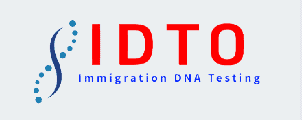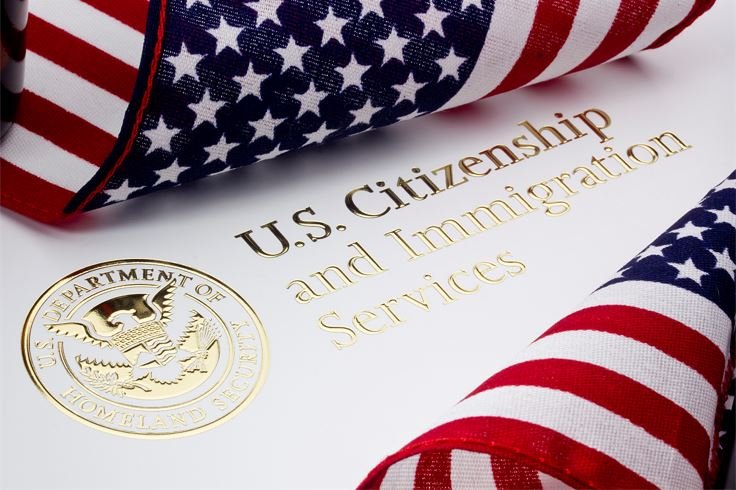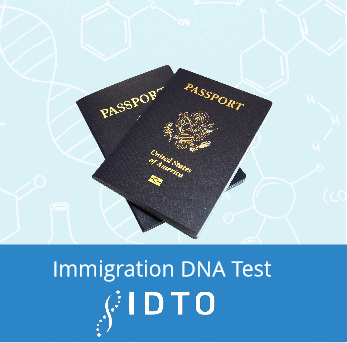USCIS Policy On Parentage Testing
DNA Testing USCIS Evidence Submission
Currently, USCIS policy regarding parentage testing remains the same. There are no new changes that have recently changed. This is according to USCIS’ Policy Memorandum of 2018. Below is a brief excerpt of the Policy Memorandum:
USCIS adjudicates petitions filed for siblings of U.S. citizens under INA § 203(a)(4) and 8 CFR § 204.2(g). USCIS also adjudicates certain non-immigrant petitions and applications filed for derivative siblings.
- A sibling relationship requires that the petitioner and beneficiary are, or once were, the children of at least one common parent, as defined in INA §§ 101(b)(1) and (2). Primary evidence to establish a sibling relationship may include birth and marriage certificates.
- When an officer determines that primary evidence is unavailable or unreliable, the officer may consider secondary evidence that demonstrates the sibling relationship. Secondary evidence that officers may consider includes, but is not limited to, medical records, school records, and religious documents issued contemporaneously with the event they document.
- Affidavits sworn to by persons who were living at the time of and who have personal knowledge of the event to which they attest may also be accepted if certain conditions are met.
USCIS policy on parentage testing remains unchanged. Parent-child DNA test results between one or both claimed siblings and the claimed common parent will be considered according to current policy relating to DNA testing for parent-child relationships. Click here to download the entire Policy Memo PDF.
What type of parentage testing does Immigration request?
The types of Relationship Tests that may be suggested by USCIS are Paternity Testing (alleged father and child), Maternity Testing ( Mother and Child), or if a common parent is unavailable to be tested with their child/ren. USCIS may suggest a Sibling DNA Test who share a common parent.
Can I use any lab to perform my DNA test for immigration purposes?
No. Only AABB Accredited Relationship Testing laboratories can produce DNA test results USCIS or a U.S. Consulate will recognize. Please note all legal DNA Testing services we provide for immigration purposes are performed under the supervision of our partner AABB Accredited DNA Relationship Testing lab.
What sample collection method is used to collect my genetic samples?
The most commonly used method to acquire a DNA sample is by buccal swab. The swab is placed inside of the mouth and is brushed against the cheek for 30 to 60 seconds. The swabs are placed inside of an envelope and the name of the person is placed on the envelope.
Conclusion:
When acquiring a visa or CRBA and there is a lack of primary evidence a petitioner has provided to USCIS.
USCIS may suggest that your family perform voluntary parentage testing to submit as secondary evidence. If you would like to schedule an appointment or you like to learn more about what you can expect from the Immigration DNA Testing process. Please do not hesitate to contact our office at 877-680-5800 today.


